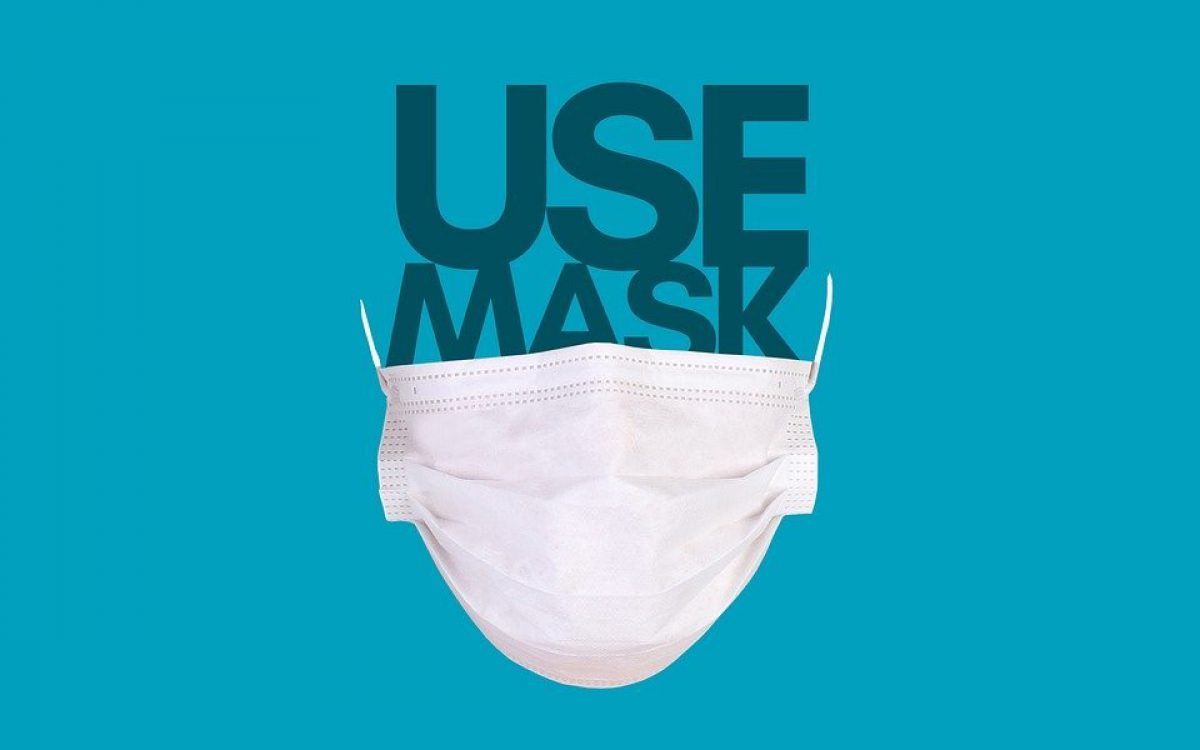Effective May 21, 2020, the Centers for Disease Control and Prevention recommended that all individuals wear a mask or cloth face coverings while out in a public setting. For most Americans, this was the first time they have been required to wear a mask in public and has garnered mixed results from the general populous. As businesses start to reopen around the country, they are implementing social distancing rules including other measures aimed to curb the spread of COVID-19. However, some customers or employees are refusing to comply with this requirement, claiming that their disability prevents them from wearing masks and that refusing to grant them an exemption violates Title III of the Americans with Disabilities Act (ADA). Businesses need to consider how these new measures could impact their customers and employees with disabilities and adjust accordingly.
ADA Considerations for Employees
Under the ADA, what are employer obligations when their employees start coming back to work, particularly employees who have disabilities that may make them more susceptible to COVID-19? Using guidance originally implemented for the H1N1 pandemic, the EEOC states that employers may require employees to wear personal protective equipment “PPE’s”, such as gloves and masks during a pandemic. However, if an employee with a disability requests a reasonable accommodation under the ADA, the employer must still provide one. Unless the reasonable accommodation may cause undue financial hardship, significant disruption to business operations, or hardships imposed on co-workers. The undue hardship determination is extremely fact-specific and the employer must prove it in litigation.
Reasonable accommodations for employees who cannot wear masks may include reassignment so that they will not have to work close to other employees or work from home arrangements, if possible. Employers must remember that working from home is not a reasonable accommodation unless all the essential responsibilities of the employee’s position can be performed from home.
Here are three (3) considerations employers should remember if they choose to mandate masks:
- Have a clear policy;
- Ensure employees and supervisors are knowledgeable about the policy; and
- Uniformly enforce their policy, while being cognizant of the possible need for ADA accommodations.
ADA Considerations for Customers
For businesses that are open to the public, the ADA requires them to provide individuals with disabilities equal access to the business’ goods and services. This means that businesses that are open to the public must make reasonable modifications to their policies, practices, and procedures to ensure equal access for individuals with disabilities.
For businesses like retailers and grocery stores, reasonable accommodations might include the following:
- Online or phone ordering;
- Curbside/contact-free pickup;
- Specified shopping hours; or
- Outdoor signage to inform patrons to wear their masks.
Businesses should tailor their accommodations based on their functions and should be advised that there is no one-size-fits-all approach. Businesses should also remember that their websites and any apps may also be required to be accessible to individuals with disabilities under Title III of the ADA.
The ADA does not advise that business require their guests or patrons who cannot wear a mask to provide a doctor’s note. This is “unnecessary, burdensome, and contrary to the spirit, intent, and mandates of the ADA.”
